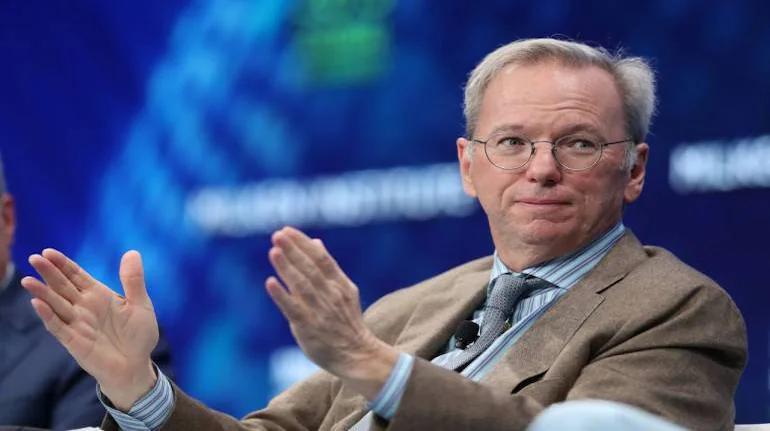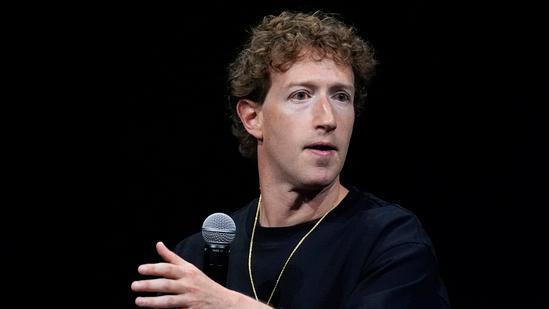
We’re screwing around: Eric Schmidt on Trump’s science policies
In a recent interview, Eric Schmidt, the former CEO of Google, expressed his deep concerns over the current state of science policies in the United States under the Trump administration. Schmidt, who served as the CEO of Google from 2001 to 2011, warned that the country is risking falling behind in the superintelligence race with China due to the lack of investment in scientific research and the reduction of staff at scientific agencies.
According to Schmidt, the Trump administration’s policies of freezing research funds and reducing staff at scientific agencies are not only harming the scientific community but also the country as a whole. “We’re up against China, which is pouring a trillion dollars into this, and we’re screwing around with funding the core people to invent our future,” he said in an interview with Startup News.
Schmidt’s comments come at a time when the United States is facing increased competition from China in the field of artificial intelligence and superintelligence. China has been investing heavily in AI research and development, with a focus on applications in areas such as healthcare, finance, and transportation. The country has also been making significant strides in the development of quantum computing, which is seen as a key technology for the development of superintelligence.
In contrast, the Trump administration has been cutting funding for scientific research and reducing the number of scientists and engineers working in the field. This has led to a brain drain in the scientific community, with many talented individuals leaving the country to pursue opportunities in other countries.
Schmidt’s warnings about the risks of falling behind China in the superintelligence race are not unique. Many experts have been sounding the alarm about the need for increased investment in AI research and development, and the importance of promoting STEM education (science, technology, engineering, and mathematics) to ensure that the country has a sufficient supply of skilled workers.
However, despite these warnings, the Trump administration has continued to prioritize other areas of the budget over scientific research. This has led to a sense of unease among scientists and engineers, who feel that the country is not taking the necessary steps to stay ahead in the global competition for superintelligence.
Schmidt’s comments are not the first time that he has spoken out about the importance of investing in scientific research. In 2017, he wrote an op-ed for The New York Times in which he argued that the country needed to prioritize science and technology in order to remain competitive in the global economy.
In the op-ed, Schmidt wrote that the United States had been a leader in innovation and technological advancement for decades, but that this was now at risk due to a lack of investment in scientific research. He argued that the country needed to increase funding for scientific research, as well as promote STEM education and training programs.
Schmidt’s warnings about the risks of falling behind China in the superintelligence race are not unique, but they are particularly timely given the current state of the global economy. As the world becomes increasingly dependent on technology, the need for investment in AI research and development is more pressing than ever.
In conclusion, Eric Schmidt’s comments about the Trump administration’s science policies are a stark reminder of the importance of investing in scientific research and development. The country cannot afford to fall behind in the superintelligence race, and Schmidt’s warnings should serve as a wake-up call for policymakers to prioritize science and technology.






